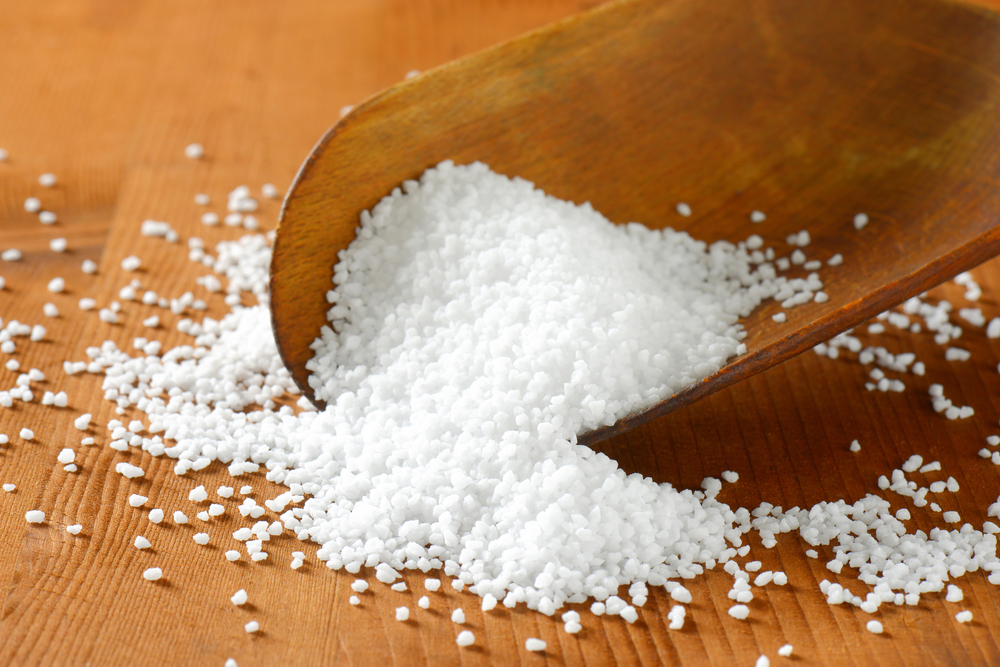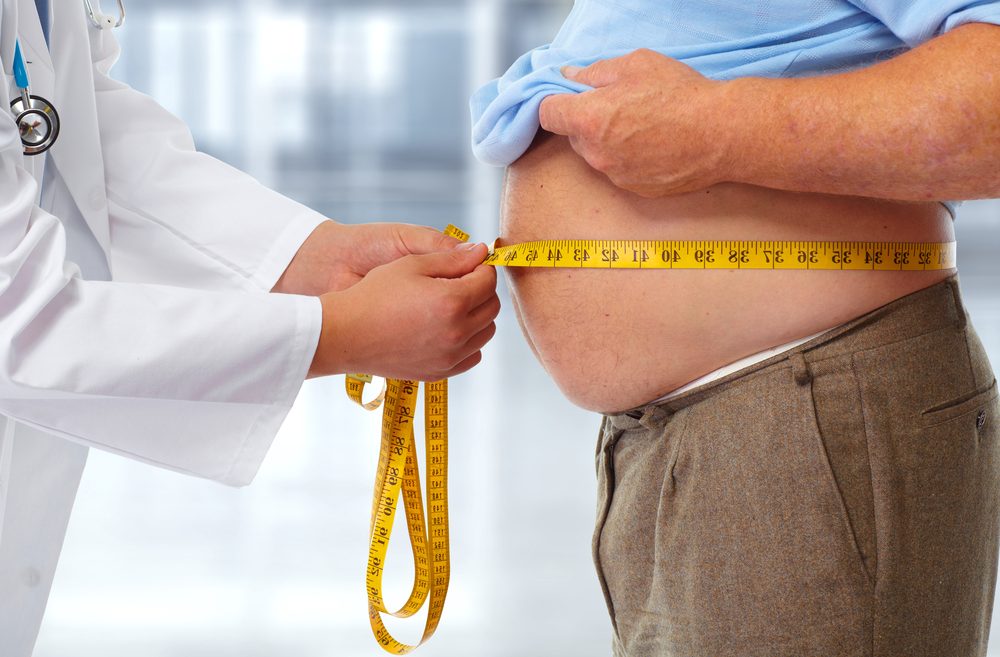Remember. Together, we discussed the benefits of Sodium in the chapter devoted to it.. In this chapter, we saw that the "standard" diet was indeed already more or less rich in sodium, but it was above all too rich in carbohydrates on the one hand, and loaded with unhealthy foods on the other.
And yet, from the moment you decide to embark on a Blooness power supplythis means rebalancing the company's macronutrientsincluding a drastic reduction in (bad) carbohydratesfor for the reasons we have already outlined in this guide.
By reducing carbohydrates, we tend towards a low-carb high-fat dietand sometimes ketogenic for some. But when you switch to a low-carb diet, the body risks running out of sodium. And the public authorities' recommendations in terms of dosage are likely to fall far short of real needs.
General information on sodium
Sodium is a mineral naturally found in small quantities in many foods, such as meat, milk, yoghurt, certain tropical fruits and vegetables such as artichokes, celery, beet and seaweed.
They are also found in baking sodaused in bakeries, laboratories and restaurants to raise dough or make cookies. They are also used in salt, which is widely used in the standard Western diet.
This content is part of the guide Blooness, the guide to the ideal human diet, the summary of which you can find here 🌱🥑

Sodium is the most abundant electrolyte in extra-cellular fluid, and plays a central - yet little-known - role in a number of important bodily functions.
In particular, it ensures transmission of nerve impulses to neuronsin association with potassium. It has a hormonal influence on cell elasticityand is also involved in muscle contractionin the regulation of blood pH and water volume in blood and cells.
French-speaking subscribers will receive the newsletter in French, and all others will receive an English version.
Conversion Salt > Sodium
It is necessary to make the distinction between sodium and saltThe salt is actually sodium combined with chloride, another mineral. Salt is actually sodium combined with chloride, another mineral. This gives sodium chloridein terms of naming.
Salt is often used to salt dishes for added flavor, or to improve preservation.
In terms of distribution, sodium chloride (i.e. salt) contains around 40% of sodium. Therefore, 5 grams of salt (about 1 teaspoon) contain about 2 grams of sodium.
Why you need to increase salt intake in a low-carb diet
Lower carbohydrate intake leads to lower sodium intake
As explained above, a large proportion of sodium intake comes from meat, milk, yoghurt and processed foods.
From the moment we decide to reduce carbohydrates, this means a de facto reduction in the consumption of processed foods such as bread and cookies. (which use baking soda), prepared dishes rich in salt to improve their preservation over time, etc...

In other words, sodium intake will decrease, and this must be compensated for to avoid deficiency.
Insulin depletion leads to loss of sodium from the body
When carbohydrate intake is significantly reduced, blood insulin levels fall, leading to salt loss in the urine. This is because the kidneys release fluids, which leads to a loss of electrolytes. sodium.
The aim is to prevent sodium deficiency by increasing consumptionideally with plenty of water, every day. If the sodium is not replaced, you will probably develop the unpleasant symptoms of the "flu". ketogenic"These include headaches and feelings of fatigue.
How much salt should I use on the ketogenic/low carb diet?
Suggested amount of salt in the ketogenic diet :
To support keto-adaptation and be maintained in ketosis beyond the transition period, it is suggested to consume about 4,000 to 7,000 milligrams of sodium every day, which corresponds to about 2 to 3 teaspoons of salt, according to individual needs.
Operating mode low-carbwe'd be a little short of the mark in terms of dosage.
In terms of choice, prefer real sea salt or Himalayan pink salt to industrial salt.
Last but not least adapt the amount of salt consumed according to your state of health, the temperature and your level of sporting activityIf, for example, you have no contraindications to salt, eat a healthy diet based on raw ingredients and low or at least moderate carbohydrate intake, and practice endurance sports in the middle of summer, we recommend that you increase your salt intake even further.
Are there any risks involved in eating more salt?
New voices in the world of nutrition are increasingly speaking out against the popular belief that salt should be kept to a minimum.
In fact, all research into the effects of sodium has been carried out on people following a "standard" Western diet. This means that most salt probably comes from processed foods with a high carbohydrate contentand not real foods like meats and vegetables with added salt.
Several studies have shown that low-carbohydrate and ketogenic diets - without salt restriction - can help to reduce hypertension, waist circumference and high blood sugar and insulin levels.

Data on salt is currently far from unanimous. What's more, recommendations are evolving and are not the same from one organization to another.
To the question of whether or not to reduce salt intake, the answer is that it would be wise to reduce your salt intake if your diet is "standard", but increase it drastically if your diet is low in carbohydrates and rich in fiberslow in fat and moderate in proteins.
Salt consumption and health problems: are they compatible?
Let's take a look at what science has to say about salt, based on known health problems.
Salt and hypertension
For people suffering from hypertension, medicine recommends reducing their salt intake. Here again, however, studies differ:
- According to a 2015 study, salt consumption reduces blood pressure by an average of 5 points in the short termThis is a modest reduction, given the deprivation it entails for the body.
- In this 2011 studysalt reduction led to a 3.5% reduction in blood pressure on average, but had adverse effects on the body, leading the study authors to conclude that they "don't know whether low-salt diets improve or worsen health outcomes". on a global scale.
- Finally, other researchers suggested in a 2006 study that, rather than cutting back on salt, the overall diet should be reviewed to promote weight loss and reduce insulin resistance. A low-carbohydrate diet could be one way forward.
In the case of hypertension, it would therefore be wise to reduce or at least moderate salt consumption.
Salt and heart disease
People with cardiovascular disease are generally advised to reduce their salt intake as part of a "heart-healthy diet", but here's what research has actually revealed:
- In the case of atherosclerosis, a heart disease affecting the arteries, a 2018 study has indeed shown that a reduction in sodium leads to better arterial elasticity, without however addressing the long-term effects on arterial health.
- Other major studies like this one from 2018 showed that low sodium intake was associated with worsened cardiovascular outcomes, probably due to hormonal alterations in aldosterone and adrenaline, which are part of the "adverse effects of sodium reduction".
- For congestive heart failure, salt avoidance is also recommended, although there is no reliable source for this, according to another 2018 study.
Here again, the question of whether reduced sodium intake improves health remains unresolved.
Salt and diabetes
When it comes to the consumption of salt, and therefore sodium, and its impact on diabetes, science is still not speaking with one voice.
- According to this 2011 observational studyIn a recent study, it was found that people with type 2 diabetes who consumed the least sodium had an increased risk of premature death from heart disease or other causes, compared with those who consumed the most sodium.
- Another observational study conducted in 2011 in people with type 1 diabetes showed that the highest and lowest sodium intakes were associated with an increased risk of premature death and the development of kidney failure.
- The results of experimental studies are mixed: sodium restriction may lead to slight improvements in blood pressure and kidney function in people with type 2 diabetes. according to this 2018 studyand for people with type 1 diabetes, salt restriction could have adverse effects on kidney health.
- Finally, several studies including this one from 1998studies have shown that insufficient salt intake can worsen insulin resistance in adults with type 2 diabetes, or exacerbate impaired glucose tolerance in pre-diabetics.
In other words, these studies show that diabetics with hypertension should avoid very high sodium intakes (over 6 grams per day). At the same time, severe sodium restriction in all diabetics could do more harm than good.
Salt and renal failure
For people suffering from kidney failure, studies have shown that a moderate intake of sodium may be appropriate.
Conclusion
It's not always easy to find one's way around, given the divergent theories on diet and dietetics. Salt and sodium are no exception to this rule. There are many competing theories about them.
Nevertheless, the interpretation of the various studies tends to show that in the case of a low-carbohydrate diet, it is in our interest to increase our salt intake according to the dosage recommended aboveand moderate it, but not to the extreme of a standard Western diet.
Obviously, the idea with Blooness food guidewould be to move towards the first option, i.e. a diet low if not moderate in carbohydrates, and richer in lipids and fiber. In other words, the "healthier" we eat, the more we need to get into the habit of adding salt to our salads and dishes, if we had previously got into the habit of eliminating salt from our diet in order to comply with official recommendations for a highly processed diet.
For people suffering from illnesses such as kidney failure or hypertension, diabetes or heart disease, you should of course check with your doctor, depending on your medical tests and state of health.



2 Responses
Hello,
You're a damn fine scientific resource for nutrition, concise, professional, fun to read and listen to, really! Thank you so much.
Thank you so much Stéphane <3